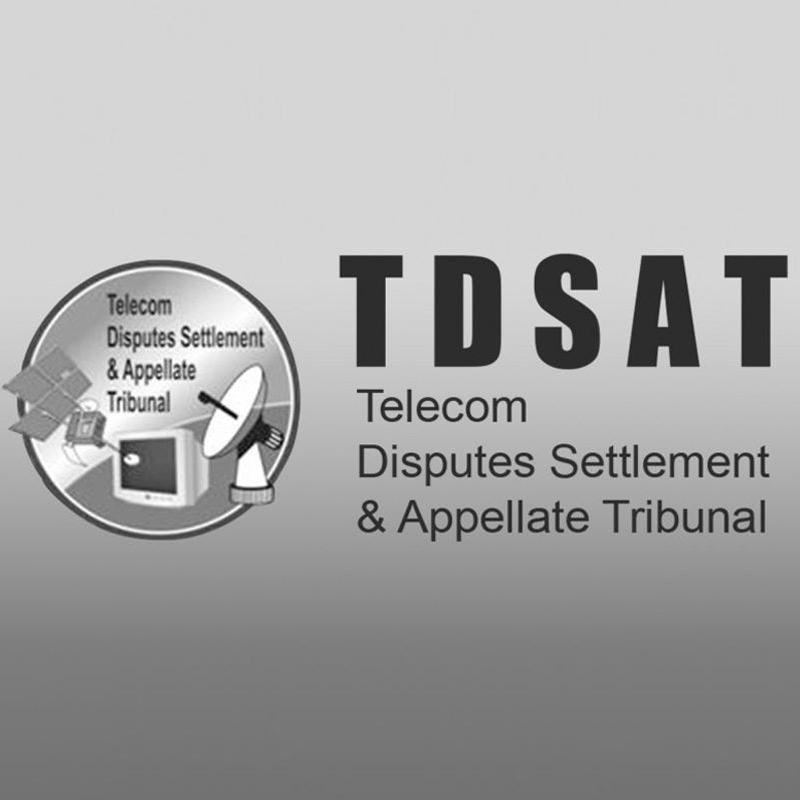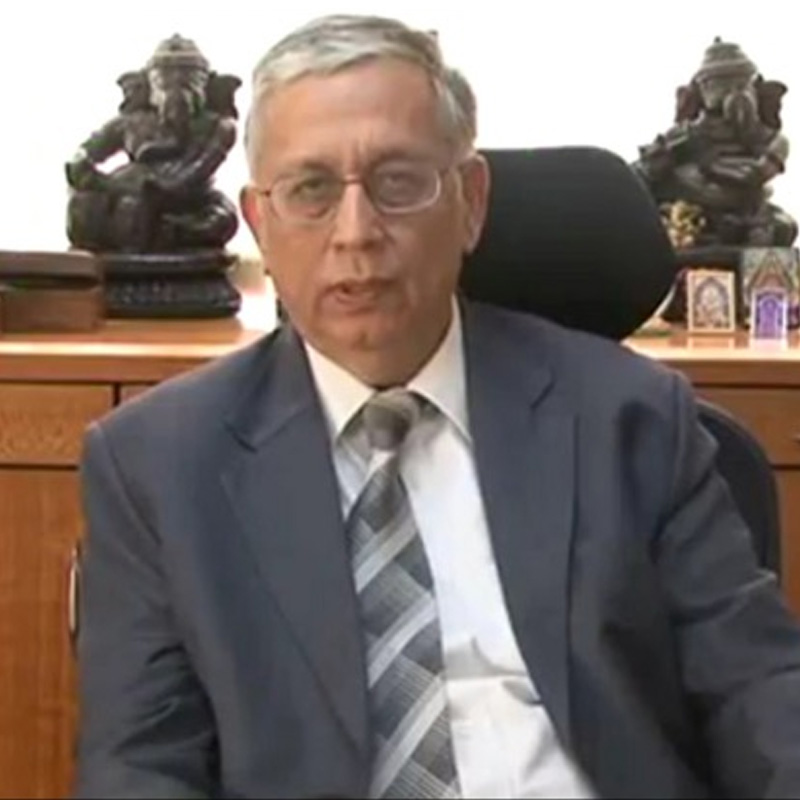Nielsen files for dismissal of NDTV lawsuit
MUMBAI: Global ratings and research company Nielsen has filed a petition in the New York Supreme Court seeking dismis
MUMBAI: News broadcaster New Delhi Television Ltd (NDTV) has launched NDTV 24x7, NDTV Good Times and NDTV India in Malaysia, further expanding its reach beyond India. The launch is targeted at the over two million strong Indian community in Malaysia.
The channels are part of Asia Broadcast Network?s (ABN) new platform in Malaysia and are available in a combination of basic as well as specially dedicated NDTV branded packages.
NDTV channels are available in more than 18 million homes in 75 countries internationally and this agreement marks the first time that three NDTV channels will be available in Malaysia.
Under its slogan ?Access for All?, ABN aims to offer over 200 channels of news, education, entertainment, movies, sports and local programming, and has signalled plans to offer full triple play services such as video-on-demand, social TV and interactive gaming, alongside high-speed Internet and voice services over a hybrid fibre-coaxial (HFC) network.
NDTV network distribution and affiliate sales head of Rahul Sood said, "We are delighted to be part of the ABN platform and reaching new viewers in Malaysia. NDTV has been serving the Indian Diaspora across 75 other countries worldwide and we are glad that the 2 million plus Indian community in Malaysia will now also get the chance to see some of the most iconic programs produced out of India."

NEW DELHI: The Telecom Disputes Settlement and Appellate Tribunal (Tdsat) has set aside Telecom Regulatory Authority of India‘s (Trai) ban on placement fee and invalidated with Trai requirement that multi-system operators (MSOs) report the basis of carriage fee charged by them to broadcasters.
The basic premise of Tdsat chairman S B Sinha and member P K Rastogi was that the Trai provision on placement fees was‘bad in law as the same restriction is not applicable for the DTH operator‘.
The Tribunal said placement charges, if any, will depend upon the mutual agreement between individual broadcasters and individual MSOs.
Similarly, the tribunal said the regulation on carriage fee is set aside as the said provision is not there for the DTH operators and MSOs in areas outside the four metros where delivery of television channels shifts compulsorily to digital mode from 1 November.
This tribunal order dents broadcasters‘ efforts to substantially cut down on their distribution costs. In fact, news broadcasters have decided to pay just 50-100 paise for every subscriber with a set-top box (STB) per channel per year, which works out to less than 5 per cent of what they pay as carriage fees now.
Tdsat has also set aside the requirement prescribed by Trai that MSOs must create capacity to carry 500 channels after digitisation. It said, "If the market forces play an important and significant role in the matter of carrying capacity of the MSO, the same may not be required to be regulated."
But it added in its 77-page judgment: "However, if the regulator deems it fit, it may consider making provision for MSOs to have capacity to carry number of channels based on different categories of area i.e. city/town/rural area etc. in which MSO will be operating."
The common judgment came on appeals by MSOs and local cable operators (LCOs) challenging the Trai Tariff Order relating to digital addressable systems (DAS), which refers to digital delivery of channels.
The LCOs failed to get any relief on their plea against the revenue sharing pattern of 55:45 on the basic service tier (free to air television channels) of Rs 100 and 65:35 on the upper tier of Rs 150 (combination of FTA and pay channels). Their appeals on revenue sharing were dismissed.
The Tribunal said an appeal relating to revenue sharing and under-declaration was already pending with the Supreme Court, which had ordered‘status quo‘. (The appeal was against an order of TDSAT of 15 January 2009 on a petition against TRAI by the MSO Alliance).
The Tribunal held as valid Clauses (1a), (1b), and (1c) of Section 6 of the Telecommunication (Broadcasting and Cable) Services (Fourth) (Addressable Systems) Tariff Order.
The first clause relates to the‘must carry‘ clause relating to Prasar Bharati and Parliament channels, the second relates to a minimum 100 FTA channels in the BST (basic service tier), and the third says each genre must include at least five channels. The genres are news, infotainment, sports, kids, music, lifestyle, movies, and general entertainment in Hindi, English and the regional language of the concerned area. This section also gives freedom to the MSO to carry channels of other genres in case five channels of any genre are not available in the FTA bouquet.
On the 500-channel head-ends, Tdsat said: "What is more appropriate is that it is one thing to say that a particular system is capable of carrying maximum number of channels, but it is another thing to say that a headend with such capacity is necessary for the entire country. It is now a well settled principle of law that unequals cannot be treated equally. In that view of the matter, in the metropolitan towns like Delhi or in any town having more than ten million population, the choice of a customer may be a wide ranged one, but the said requirement may not serve any purpose in rural and semi-urban areas."
Referring to an issue raised by LCOs, the Tribunal said: "It is difficult for us to go into the factual aspects of the matter as to how the delivery and maintenance expenses can be recovered only from the cost of BST itself and, thus, the share of LCOs would make it possible for them to undertake proper services to the consumers. In the digital regime, the ultimate choice as regards the nature and number of channels subject, of-course, to availability thereof would be on the consumers. We do not find any illegality in the impugned tariff order so far as that aspect of the matter is concerned."
The appeals had been filed by United Cable Operators Welfare Association, LCO Udaya Shankar Roy Chowdhury, MSOs Digicable Networks, Indusind Media Communication Ltd, and Delhi Distribution Company, while broadcasters NDTV, Times Global and India TV, TV Today, Total TV, News Broadcaster‘s Association (NBA), and Indian Broadcasting Foundation (IBF) had filed applications to intervene.
Arguments on the petitions had commenced on 11 September and concluded on 21 September.

MUMBAI: The television news broadcasters and multi-system operators (MSOs) will wrangle over carriage fees as they need to stitch deals within two weeks to aid digital cable roll out by 31 October in the four metros of Delhi, Mumbai, Kolkata and Chennai.
News broadcasters have united and are working out a carriage payout formula that would not be acceptable to the MSOs. Having paid exorbitant fees over the last few years to occupy prime space on analogue cable networks, they have now come out with an yearly payout of 50 paise to Re 1 per set-top box subscriber per channel as carriage fee after 1 November.
"We have agreed to pay reasonable carriage fees after the roll out of digitisation on 1 November," the News Broadcasters Association (NBA) said on Thursday.
The MSOs, though, find this an unreasonable formula. "We have received individual letters from the broadcasters. We will also reply to them individually. But we find this totally unacceptable," said Digicable Network (India) managing director and CEO Jagjit Singh Kohli.
Not without reason. Carriage is a significant source of revenue for the MSOs and news broadcasters are the main paymasters. While most of the news channels have worked out content deals with the MSOs for the digitised market, they have yet to settle on carriage fee terms.
President MSO Alliance on digitisation of cable TV and executive vice president Hinduja TMT Ltd Ashok Mansukhani said, "I have no comments to make on the NBA statement. But there is no question of any agreement between NBA and MSO Alliance. Any agreement that happens will only be between individual MSOs and individual broadcasters."
Let‘s look at the figures. NDTV pays around Rs 800 million a year towards carriage of its news channels while TV Today‘s distribution expense is around Rs 800 million and India TV Rs 450 million. The four metros constitute almost 50 per cent of this payout.
"This is a very touchy topic. News broadcasters feel if they can drastically reduce their carriage payouts, they will be able to turn profitable. There is no other way they can be profitable. Hence this unity and this common fight," said a media analyst.
The NBA said Thursday that despite the earlier objection of news broadcasters to the payment of any carriage fees, they are now agreeable to enter into agreements with MSOs for an initial period of one year, for the payment of carriage fees (inclusive of marketing fees, tiering fees, packaging fees or fees or charges under any other nomenclature) in the digitised areas, at a rate of 50 paise to one rupee per set top box subscriber, per channel per year.
"The carriage fee will drastically reduce according to this formula that NBA is talking about. There will be around 10 million STBs from these four metros. So we are talking about Rs 10 million as carriage fee per channel. Such a corrective step will be impossible to achieve," a media analyst at a broking firm said.
News broadcasters handle the carriage deals themselves while most of them are distributed by bigger distribution companies such as Media Pro Enterprise India (JV between Star and Zee) and TheOne Alliance (JV between Sony and Discovery). "This dichotomy means that MSOs have paid for the content while they are still haggling over carriage fees (or package fees)," said the head of a distribution company.
Indiacast, which distributes the TV18 and Network18 channels including Colors, is the only distribution company which has inked integrated deals (subscription revenue and carriage payout) with all the MSOs except Den Networks. "Indiacast distributes news, entertainment and infotainment channels. It has done deals at the net level and this has been easier because it handles both the subscription and the carriage side of the business," a media analyst said.
The MSOs will take recourse to another strategy. If they are not satisfied with the carriage fees, they will put the news channels outside their (MSO) basic package. Den Networks, for instance, has put the news channels under a separate package. "This will deprive the news channels from getting widely carried under their basic package. Another way is to put some of the news channels in the basic pack, thus creating a rift among the broadcasters themselves," said an industry observer.
So what would be a realistic settlement? "A 20-25 per cent drop in carriage in these four metro markets would be more realistic. Some news broadcasters, however, will be able to see a 40-55 per cent drop in carriage fees in these markets," said a media analyst.
Also read:
News broadcasters agree to pay reasonable carriage fee

 switch
switch
 switch
switch